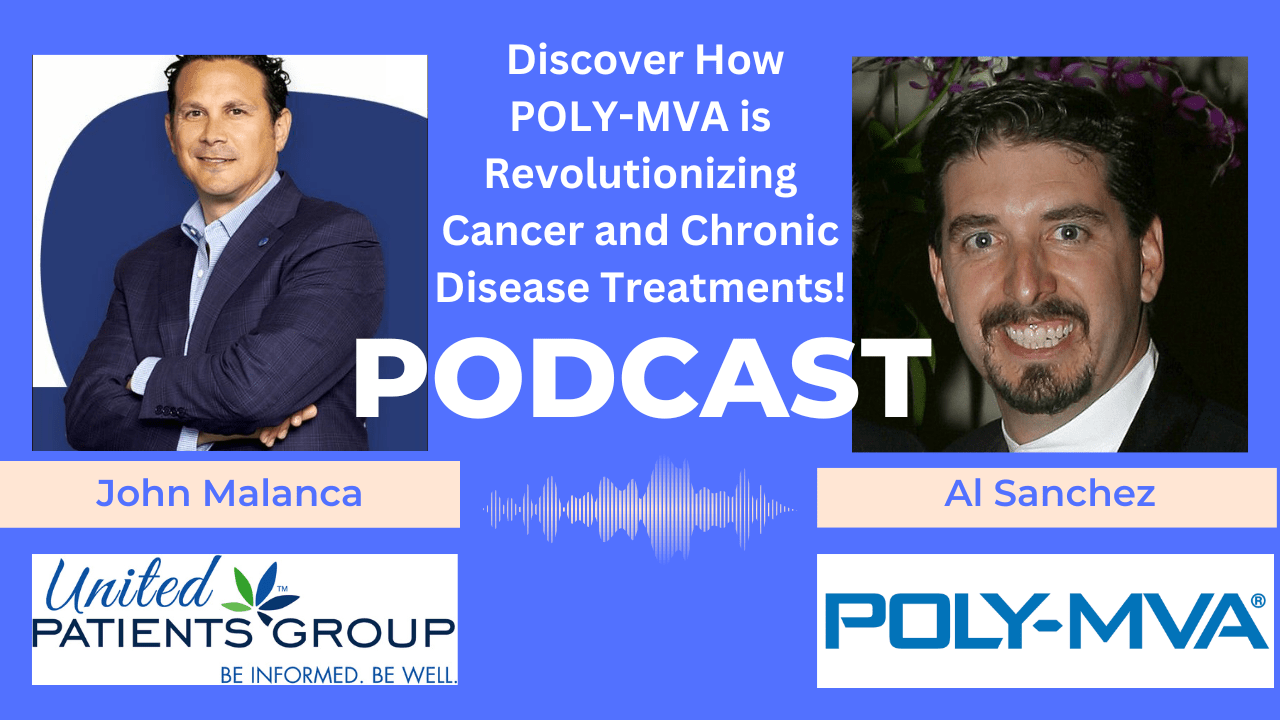Article Topics
Introduction
A cannabis ‘prescription’ is written by a doctor to be dispensed at a pharmacy (i.e. CVS, Walgreens, etc) as medical marijuana. A recommendation from a physician is simply permission (‘recommendation’) for the patient to use cannabis, which can be obtained in any state where medical marijuana is legal. Although both are legal under state law, there are currently 29 states with legislation allowing for medical cannabis and the District of Columbia. Epidiolex, an FDA-approved medication containing CBD (cannabidiol), has been listed as Schedule 5 by the DEA since June 25th, 2019. This means that it’s now legal to dispense in all 50 states with a prescription from a doctor and a pharmacy license…as noted above, ‘dispensed’ at a pharmacy.
A cannabis recommendation is a recommendation from a physician to use medical marijuana.
A cannabis recommendation is a recommendation from a physician to use medical marijuana. A doctor can only recommend that you use medical cannabis, but they cannot prescribe it because it’s not legal under federal law.
Click here for a Online Medical Cannabis Recommendation
A cannabis prescription is a prescription written by a doctor to be used as medical marijuana.
A cannabis prescription is a legal document that allows you to obtain medical marijuana. The doctor who writes the prescription must be licensed and has to write it for a specific patient, as opposed to prescribing general instructions for treatment. Currently, this prescription is for Epidiolex, a cannabis plant based medicine only. Another for of ‘prescribed’ cannabis is Marinol, which is synthetic THC, developed in the 80’s and used for such conditions as Cancer and AIDS.
A cannabis recommendation is an assessment of your medical history and current condition by an appropriate health care professional. Recommendations can be written by physicians (MDs), osteopathic doctors (DOs) who are registered with their state’s medical board, nurse practitioners (NPs) with prescriptive authority, physician assistants (PAs) who have prescriptive authority from their state board of medicine/surgery/podiatry etc., or some naturopathic doctors who are licensed in their jurisdiction.
A federal law classifies cannabis as a schedule 1 substance.
The federal law classifies cannabis as a schedule 1 substance. Schedule 1 substances are federally illegal, and include heroin and LSD. The reason cannabis was classified as such is because it has no currently accepted medical use/benefit in treatment per their description. However, this doesn’t mean that it has never been used medically or can’t be used medically in the future; it just means that the US Government states that there isn’t enough research yet for us to know if it works or not (and therefore no doctor would recommend it).
Some states have passed laws that allow people who live there with certain medical conditions to use medical marijuana instead of prescription drugs like opioids and antidepressants–these laws are called “medical marijuana programs.” In order for someone who lives in one of these states to participate in their state’s program they must get recommendations from their doctors before they can purchase any cannabis products from dispensaries or grower/processors.* Otherwise, in states like California, Colorado, Washington and Oregon to name a few. Cannabis laws have been passed that anyone 21 and older can legally obtain cannabis with or without a doctor’s recommendation and/or prescription.
A state law allows doctors to recommend the use of a schedule 1 substance.
A state law allows doctors to recommend the use of a schedule 1 substance.
The federal government still considers cannabis to be illegal, but states have taken matters into their own hands by passing laws that allow for the use of medical marijuana. These laws vary from state to state and can include recommendations or prescriptions from licensed physicians; however, some states allow both methods simultaneously.
There are currently 29 states with legislation allowing for medical cannabis and the District of Columbia.
There are currently 29 states with legislation allowing for medical cannabis and the District of Columbia. In these states, patients can qualify for a recommendation or prescription depending on the laws of their state.
For example, if you live in California where Proposition 64 was passed by voters in 2016 legalizing recreational use of marijuana, no recommendation as long as the patient is 21 years of age and older. This applies to a non California residents and/or state visitors as well. However if you live in Idaho where there are no laws allowing any form of medical marijuana use even though they have CBD only laws (CBD stands for cannabidiol), then all that would be available is your doctor’s recommendation letter stating that they believe it would benefit your condition.
Epidiolex, an FDA-approved medication containing CBD, has been listed as Schedule 5 classification by the DEA since June 25th, 2019. This means that it’s now legal to dispense in all 50 states with a prescription from a doctor and a pharmacy license.
Cannabis is a schedule 1 substance. This means that it’s illegal to use or possess in most states, with the exception of California, Colorado and Washington state.
In June 2019 the DEA changed Epidiolex (a CBD medication) from being considered a schedule 1 drug to being considered a schedule 5 drug. This means that it’s legal to dispense in all 50 states with a prescription from a doctor and a pharmacy license.
If you have been prescribed Epidiolex for any condition other than Dravet syndrome or Lennox-Gastaut syndrome then you will need to go through your doctor again who will write another prescription for you so that they can get reimbursed by their insurance company.
Conclusion
We hope that this article has helped you understand the difference between a cannabis recommendation vs cannabis prescription. There’s no doubt that medical marijuana will continue to be an important topic in our society, and we look forward to seeing how it affects your lives!
Click here for a Online Medical Cannabis Recommendation







































Leave a Reply Cancel reply